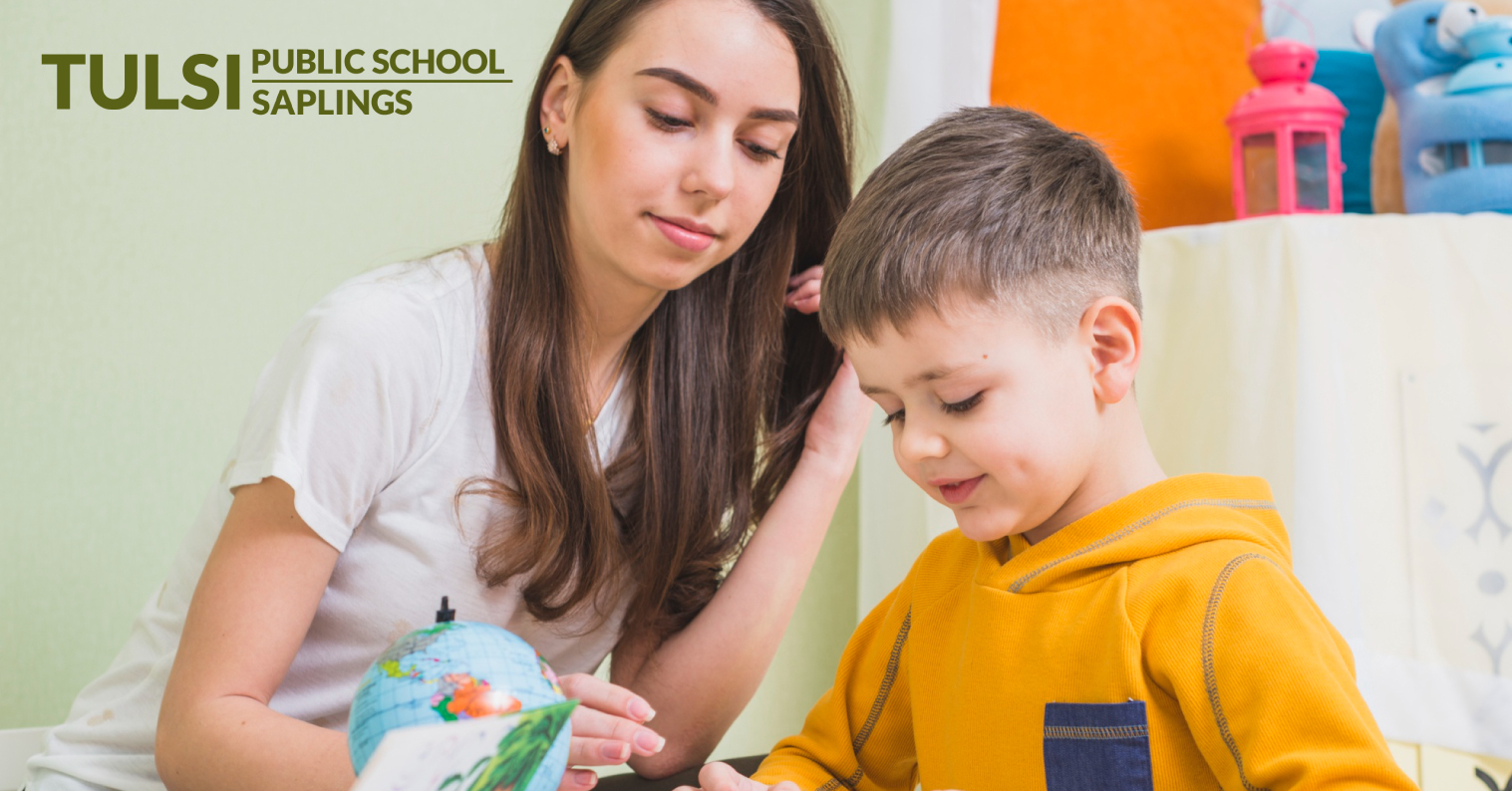- Email: tulsisaplings@tpsambala.com
- Phone: +91 9728 777 194

In today’s fast-paced and technology-driven world, play-based learning may seem like a thing of the past. However, research has shown that play is not only a fun activity for children, but also plays a crucial role in their overall development. In fact, play-based learning is gaining recognition as an effective educational approach that promotes creativity, problem-solving skills, and social interaction. So, let’s dive into the world of play-based learning and explore its incredible benefits with Tulsi Saplings, one of the prominent Schools in Ambala city.
Unleashing Creativity
Play-based learning provides children with the freedom to explore, imagine, and create. Through unstructured play, kids can let their imagination run wild, leading to the invention of new ideas and solutions. Whether it’s building with blocks, dressing up in costumes, or engaging in pretend play, children are constantly using their creativity to navigate the world around them.
Developing Problem-Solving Skills
It lays the foundation for strong problem-solving skills. When children play, they encounter various challenges, whether it’s building a tower of blocks or solving a puzzle. Through trial and error, they learn to experiment, make connections, and find innovative solutions. This process not only fosters critical thinking but also enhances their resilience and perseverance in the face of obstacles – skills that are crucial for success in academics and real-life situations.
Enhancing Social Interaction
It provides countless opportunities for children to interact and collaborate with their peers. Whether it’s engaging in team sports, playing board games, or dancing together, play allows children to develop essential social skills such as communication, negotiation, and empathy. By engaging in imaginary roles and scenarios, they learn to navigate social situations, practice cooperation, and develop a sense of mutual respect – all crucial qualities for building positive relationships.
Fostering Emotional Intelligence
Play-based learning is not just fun and games; it also helps children develop emotional intelligence. Whether it’s acting out different emotions in a role-play scenario or expressing themselves through art and music, play gives children a platform to explore and understand their own emotions, as well as those of others. This helps them develop self-awareness, empathy, and emotional regulation skills, contributing to their overall well-being and mental health.
Boosting Cognitive Development
It also has a significant impact on cognitive development. Through play, children engage their senses, explore cause-and-effect relationships, and develop problem-solving abilities. Whether they are building with blocks, sorting objects, or engaging in pretend play, their brains are actively processing information and making connections, leading to enhanced cognitive skills, such as memory, attention span, and critical thinking.
Final Words
Play-based learning is not just child’s play; it’s a powerful tool for holistic development. By allowing children to play, explore, and learn through fun and engaging activities, we are giving them the opportunity to develop essential skills that will benefit them throughout their lives. So, let’s embrace play-based learning and watch our children thrive in a world filled with opportunities for growth, creativity, and joy at the most admired Kindergarten School in Ambala City.